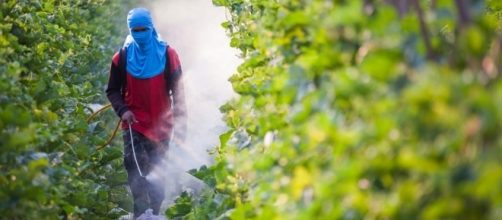About 200,000 people around the world die as a result of being exposed to pesticides. The U.S is calling for strict global regulations of chemicals that are used to control weeds and pests during plant cultivation. The human rights council received the report on the 8th of April. The contents of the report stated that the use of pesticides has an adverse impact on people's health as well as the environment.
Pesticides use in the United States
In the United States, you can find pesticides in the agricultural sector. Parks, golf courses, houses, yards and swimming pools use a quarter of pesticides in the United States.
The most common Pesticide in the U.S is Atrazine. This pesticide is often used to prevent pre and post-emergence broadleaf weeds in crops such as maize and sugarcane. In the year 2006, the Environmental Protection Agency of the United States stated that Atrazine posed "no harm to the U.S population."
Negative effects of pesticides.
In the year 2009, a professor of pesticides in Indiana University school of medicine publish a paper whose findings were that 'children born between the months of April and July when the concentration of Atrazine in water is highest, were more likely to have genital disabilities.'
A U.S Geological Survey in 2010 also found out that Atrazine had adverse reproductive effects on fish.
Pesticides are also found to be present in more than 90% of U.S streams according to a U.S Geological Survey. Rain and groundwater also have residues of Atrazine. Atrazine presence in water bodies kills more than 6-14 million fish in the United States each year. U.S agricultural produce with the most pesticides are apples, strawberries, grapes, celery, peaches, spinach, sweet bell pepper, avocados, nectarines, cherry tomatoes, snap peas and potatoes.
Humans expose themselves to pesticides through water, food, and air. Especially people who produce pesticides and work on farms that use pesticides to control weed and parasites. Organic farming is thus a more cost efficient and productive farming method as opposed to using chemicals such as pesticides during farming.

